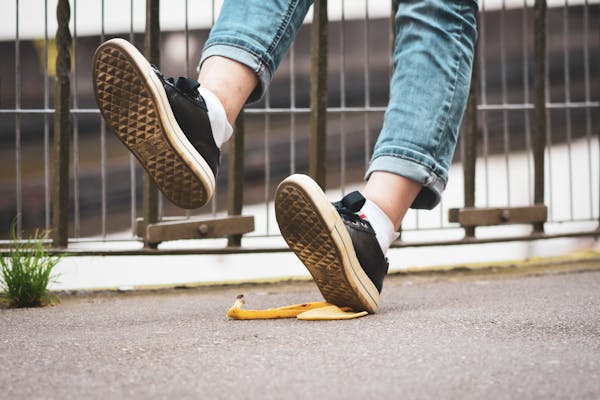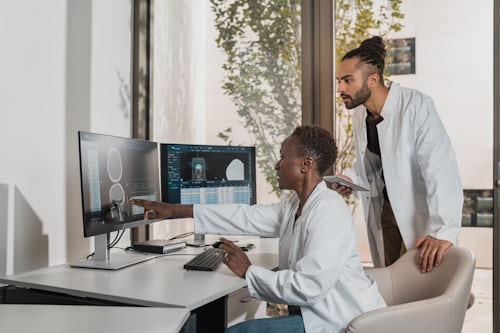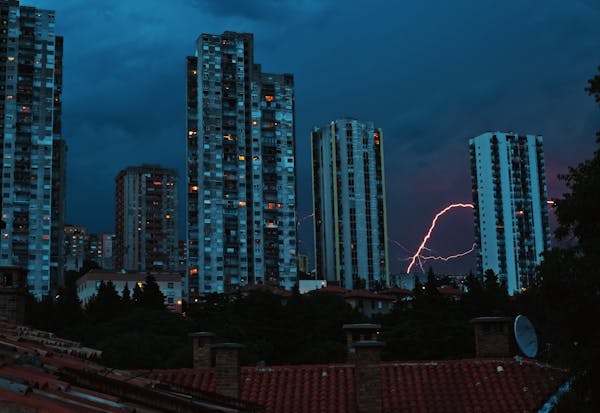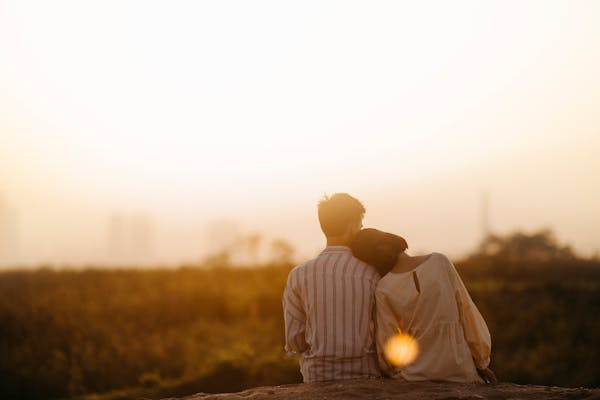Thousands of people in Providence are injured each year from slips and falls. Some Providence slip and fall accidents may be severe while others may not be. Serious accidents involve tripping and falling down a flight of stairs, on a dangerous floor or a rough patch of ground. Sometimes the owner of the property can be held liable for any injuries resulting from the slip and fall and sometimes they may not.
If you have been injured in a slip and fall accident, you should first consider that it is very normal to have uneven floors or for liquids to drip onto a floor. Certain things such as drainage grates, for instance, have a purpose so property owners cannot be held liable for your injuries if they caused you to trip and fall. So you shouldn’t expect property owners to be held responsible for someone tripping over something that an ordinary person expects to find there.
Property owners on the other hand need to maintain their property. There is no precise procedure that should be followed to determine if a person should be held liable for injuries resulting from slip and fall accidents. Two things are however analyzed to determine who is at fault: were you careful enough to avoid the slip and fall accident and did the property owner act carefully to ensure that the accident did not happen? Below are some of the general rules that help determine who is at fault in Providence slip and fall accidents.
How To Prove Fault In Providence Slip And Fall Accidents
In order for you to prove liability for any injuries you have suffered as a result of a slip and fall accident on someone else’s property, you have to prove one of the following: The owner of the property or an employee knew about the dangerous surface because a reasonable person taking care of the premises should have identified and repaired or removed it. The owner of the property knew about the dangerous floor but did nothing to repair it.
An employee or the owner of the property intentionally caused the spill, damaged the surface thus leading to a slip and fal. The first situation is the most common but it is not as straight forward as many people would like it to be because of the phrase “the owner of the property knew about the dangerous surface”. Most of the time liability in these circumstances is decided by common sense.
What Is Owner’s Reasonableness?
Reasonableness here is whether the property owner takes regular steps to ensure that their premises are clean and safe. The following are some of the things that you should assess. Did the lighting contribute to the accident? For instance, was the light broken or was it poor? Did they put a barrier or a sign to prevent people from slipping and falling? Could the object have been placed in another location or in a proper manner without the owner of the property being inconvenienced or incurring extra expenses? Was there a legitimate reason for the object you tripped over to be where it was? Does the owner of the property have a procedure that they use to regularly examine, clean and repair the property? If they do, what proof do they have? If the answers to these questions are in your favor, then you may have a strong case and good claim for compensation.
Your Own Carelessness
In most Providence slip and fall accidents, victims have to decide whether their own carelessness contributed to the injury. These are some of the factors you should analyze:
1.Were you distracted, running or fooling around when the accident happened?
2.Were there any warning signs that the spot was dangerous?
3.Would anyone who was keen enough have noticed the dangerous spot and avoided it all together?
Hire A Providence Slip And Fall Lawyer
We help people who have been disabled or injured in slip and fall accidents. We operate with compassion and integrity to provide legal assistance during the most trying times. Don’t let insurance companies take advantage of you in your time of need.




